Irregular periods correspond to more than 80% of women’s visits to the gynecologist. Therefore, In this article, I will tell you everything you need to know about irregular periods and the role that ultrasound plays as the number 1 diagnostic modality used to diagnose irregular periods. As usual, I’ll include Ultrasound images of all pathologies that I will be talking about. Are you ready? we start here!
What is defined as irregular periods?
Every woman is completely different. While some are like a clock, others barely have a period in many months, or their periods are completely unpredictable. On average, a woman’s normal cycle occurs every 24 to 38 days, lasting in normal conditions from 2 to 8 days.
Your cycle will still be considered regular if is occurring at the same interval and lasting about the same length of time every single month. Also, your period may be heavy or light, painful or pain-free, long or short, and still, be considered somehow normal.
But, how do you know if you have irregular periods or are beginning to have them?
You should know that throughout the reproductive life of women, a stage that goes from puberty to menopause (approximately 50 years of age) the menstrual cycle goes through several changes. One of the fundamental causes of change in the period is related to hormonal imbalances.
You will know that your periods begin to be irregular if:
- The cycle time of your periods begins to shorten (example: periods begin to arrive more often, less than 24 days).
- Bleeding during your period begins to be more profuse.
- The number of days you currently have the period begins to get longer (more than 7 or 8 days).
- You are spotting between cycles or after intercourse.
Causes of Irregular periods.
Irregular periods can be caused by multiple reasons, the most frequent is hormonal imbalances. This is the main reason why young women going through puberty, or women approaching menopause, experience irregular periods.
Among the most common pathological causes of irregular periods are:
- Polycystic ovarian syndrome or PCOS.
- Ovarian cysts (Not all the cysts cause abnormal periods)
- Abnormalities of the uterine cavity or polyps.
- Uterine fibroids.
- Thyroid issues such as overactive thyroid (hyperthyroidism) or underactive thyroid (hypothyroidism).
- Tumors and cancer.
- Some types of ovarian dysfunction.
- Adenomyosis.
- Uterine malformations.
Among the other, most common non-pathological causes of irregular periods are:
- Insertion of a hormonal Intrauterine device (IUD).
- Starting new birth control pills.
- Exercise too much.
- Pregnancy or breastfeeding of a new baby.
- Stress (physical or emotional).
- Eating disorders.
- Inadequate body fat (applicable for athletes).
- Some drugs, such as Steroids or hormones.
- Brain injury, malformations or pituitary problems.
Among one of the less common causes, there is a condition known as Asherman syndrome, which is nothing more than uterine adhesions. This condition occurs in those women who have had surgeries or pelvic infections ( PID) multiple times.
Ultrasound images related to Irregular periods.
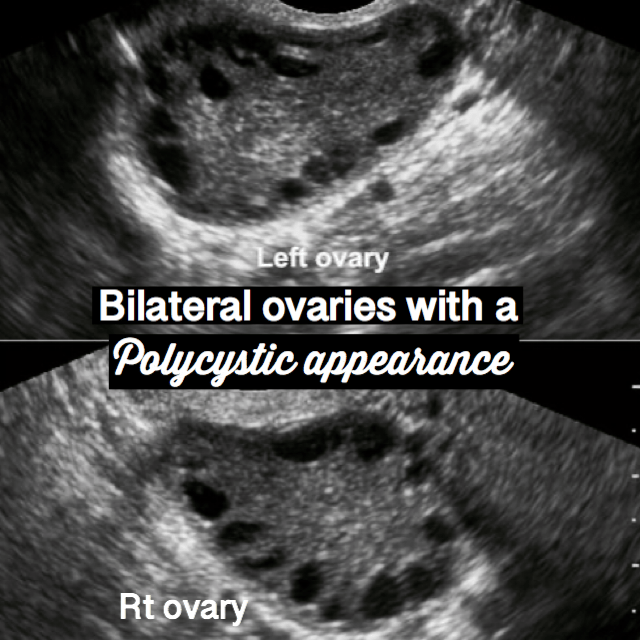
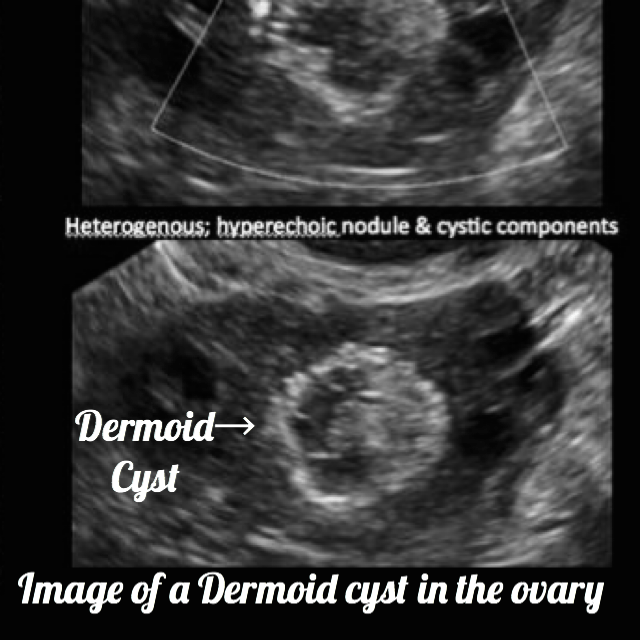
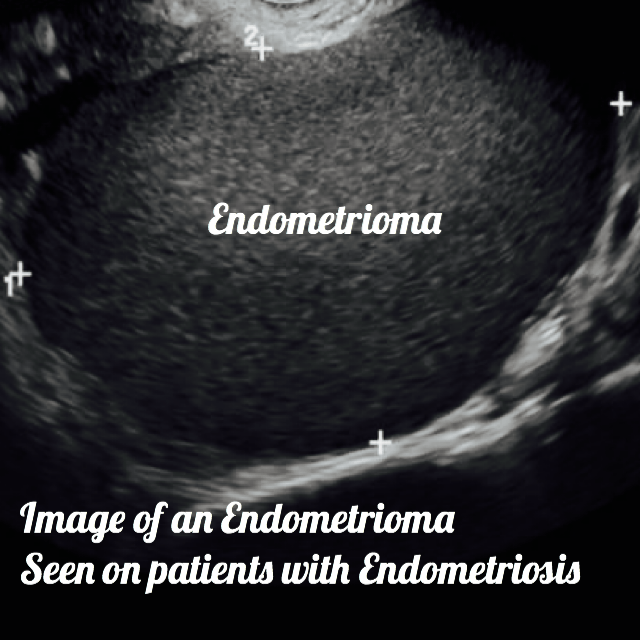
Best known as a chocolate cyst.
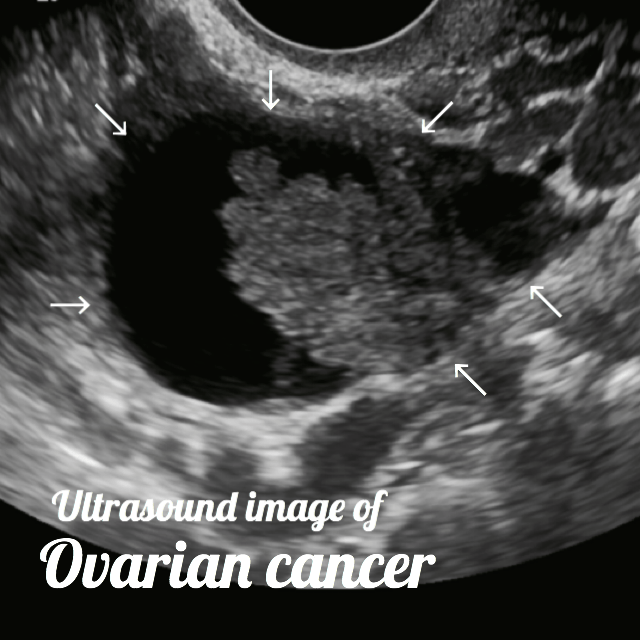
Ovarian cancer.
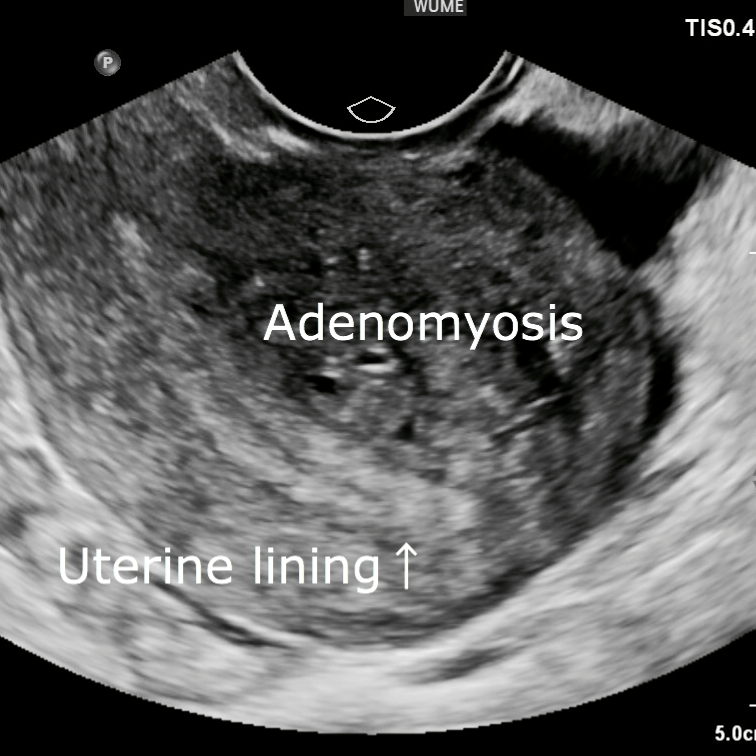
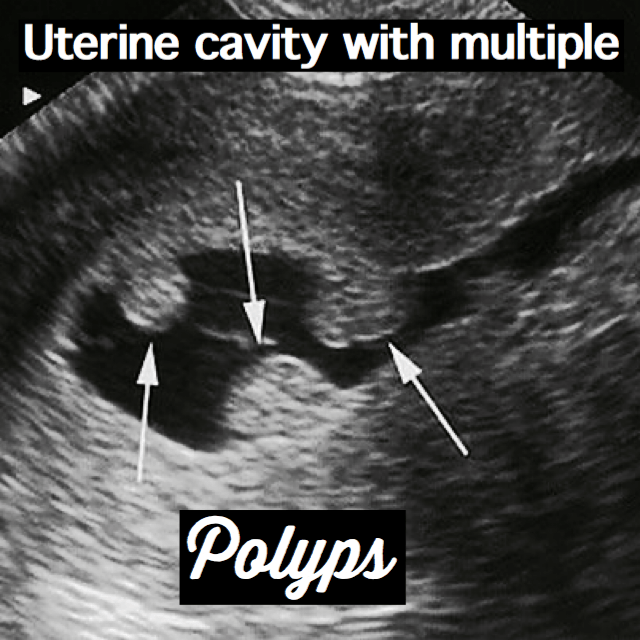
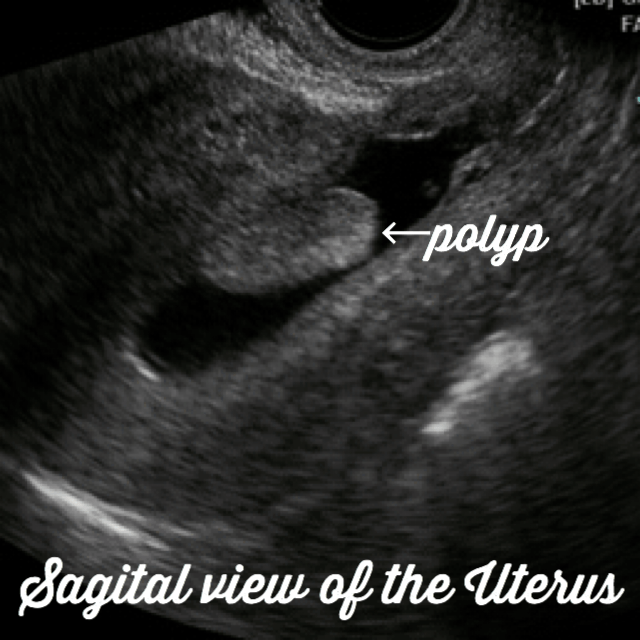
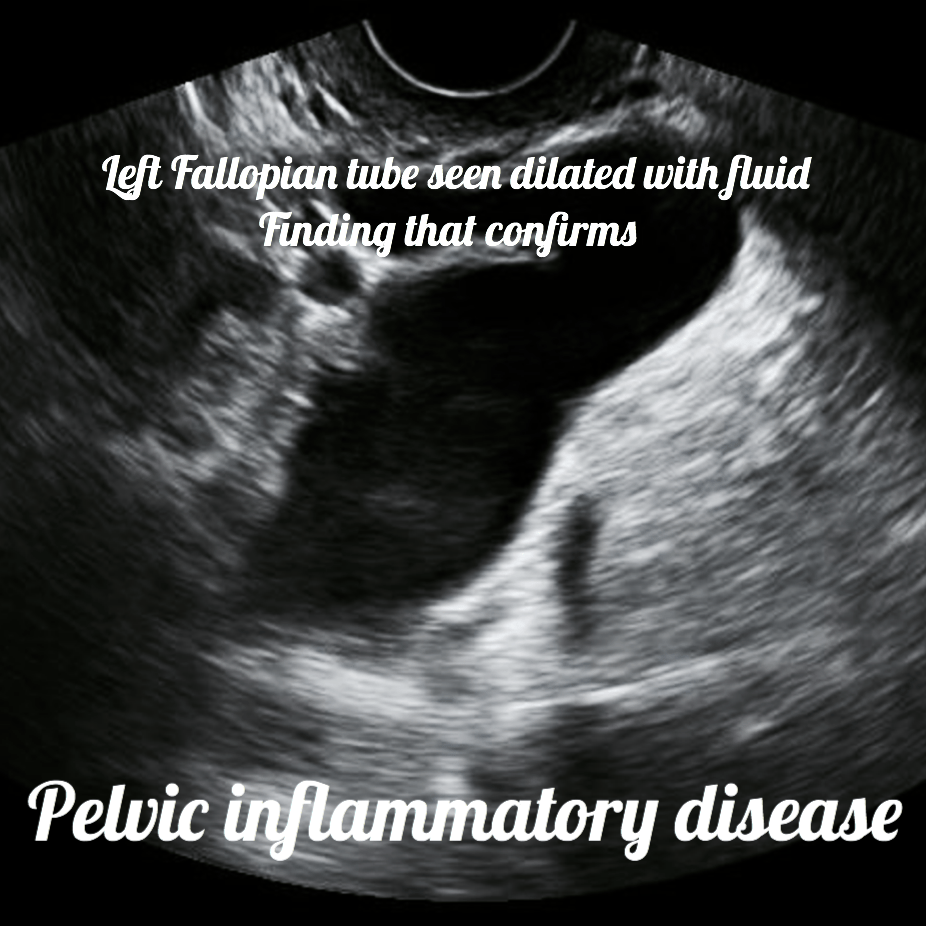
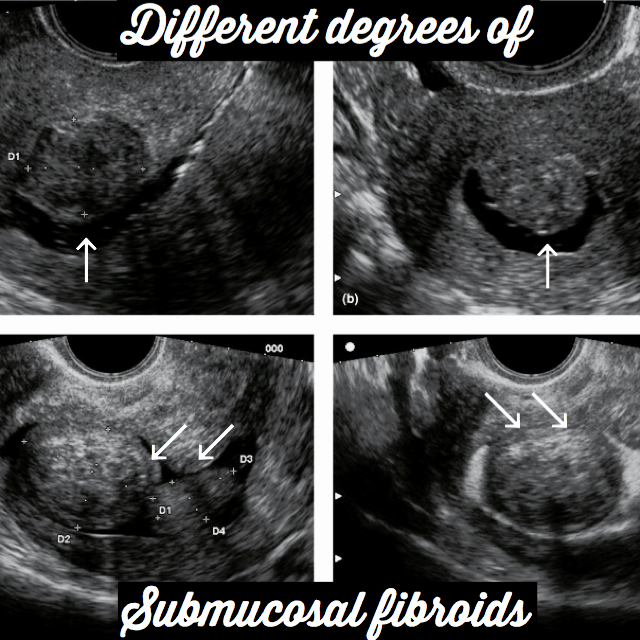
Submucosal fibroids are non-cancerous growths that develop below the lining of the endometrium, which is the inner layer of the uterus. These fibroids stick out into the uterine cavity.
Related posts:
All about Polycystic ovarian syndrome or PCOS.
Pelvic pain in women. Role of ultrasound diagnosing pelvic pain.
Ovaries, hormonal cycles, and common cysts.
All about IUD or Intrauterine device.
Adenomyosis, symptoms, causes, and treatment.
Endometriosis. Symptoms, diagnosis, and treatment.
When to call a doctor!
Under certain circumstances that I mentioned earlier, having some temporary irregularity in the menstrual period is not a cause for concern. However, there are other symptoms that you should not ignore, and calling your doctor to make an appointment will be the most recommended thing to do, these symptoms are listed below:
- If you haven’t had your period for 3 or more months in a row.
- Getting the period every less than 21 days.
- Bleeding profusely, or the pain during the period is unbearable.
- You are bleeding for more than 7 days.
- You are getting your period less often than 35 days.
Another important reason to call your doctor to follow up will be:
- Abnormal bleeding or spotting between cycles.
- Abnormal bleeding after sexual intercourse.
- Postmenopausal bleeding.
Sharing is caring!

Treatment for irregular periods.
The treatment for irregular periods depends entirely on the cause of the problem.
Therefore, it is very important to emphasize that a visit to your doctor is best if you have irregular periods. After visiting your doctor, and taking the corresponding exams, your doctor will know exactly the cause of the irregularity.
Among the most frequent treatments are:
- For Polycystic ovarian syndrome (PCOS) or hypothyroidism, the recommended treatment will be birth control pills to regulate hormones or other types of hormones to cause a period.
- Hypothyroidism or underactive thyroid, you might need thyroid hormones.
- For those patients with pathologies such as submucosal fibroids, ovarian cyst, or polyps, outpatient surgery will be the best treatment option to get those pathologies removed.
- And on patients with ovarian cancer, the treatment is as well surgery, and other treatments might be needed, depending on the severity of cancer.
What’s going to help if you are having irregular periods?
Don’t be afraid to try different birth control pills, until you find the one that works best for you. Today, there are many hormonal treatments that are not feasible for every patient, for example, all women react differently to Nexplanon, Depo-Provera or an IUD.
Lifestyle changes: Many women see their periods affected by lack of exercise or excessive exercise, adjusting your routines is recommended.
A healthy diet, stay hydrated, and improving stress levels in a healthy way, with meditation, exercise or a counselor is a must, etc.
Maintaining a healthy weight, without drastic changes can help you regulate your hormones and will make your cycles go back to normal.
Surgery will be the last option for those patients who do not improve with conventional treatments. Or for those patients who have structural birth defects or severe scar tissue that needs to be corrected or removed.
Final thoughts about irregular periods.
As you can see the reasons that cause irregular periods or abnormal bleeding are very varied. It is always important to visit your doctor, to correctly diagnose the reason for irregular bleeding. In patients with diabetes or other disorders such as Hyperprolactinemia, they may experience irregular periods as well. That’s why blood tests and ultrasound are recommended for proper diagnosis. Ultrasound is also radiation-free, painless and extremely accurate to diagnose the causes of irregular periods.
I hope this article has helped you a lot and that it is useful for you.
Share it if you learned something new today, and perhaps you can help someone else.
Zadi, xo.
Disclaimer: This post is not intended to diagnose, treat, prevent, or cure any disease. For proper medical attention, please visit your physician.










[…] Irregular periods. Causes, treatment, natural remedies, ultrasound and more. […]
[…] Irregular periods. Causes, treatment, natural remedies, ultrasound and more. […]
My wife and i felt absolutely thankful that Jordan managed to round up his researching with the precious recommendations he discovered from your blog. It’s not at all simplistic just to continually be giving freely information others have been selling. And we realize we’ve got the website owner to give thanks to for this. The main explanations you made, the straightforward site menu, the friendships you will help to foster – it is mostly great, and it is leading our son in addition to our family believe that this article is excellent, which is certainly exceptionally essential. Thanks for the whole lot!
Thank you so much for sharing your thoughts with me.